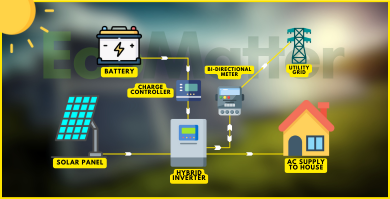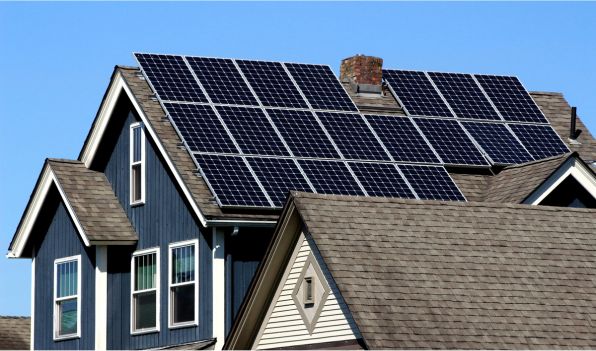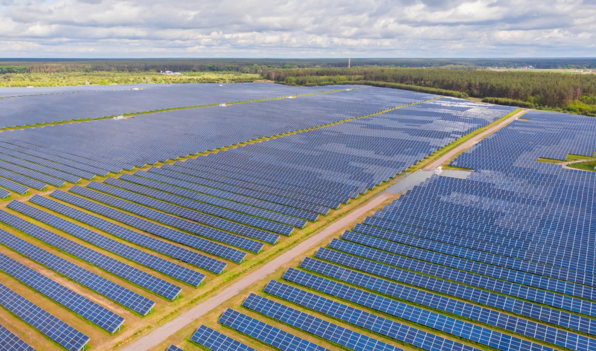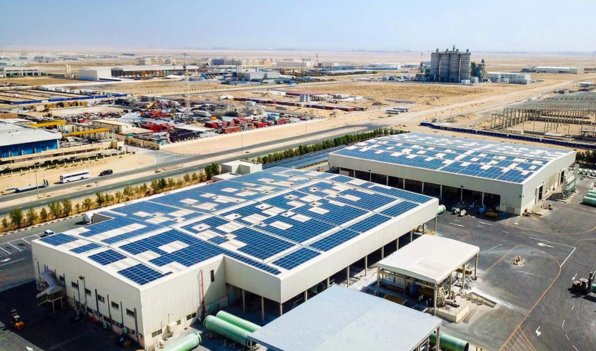 Sustainable Energy Services
Sustainable Energy Services
Types of Solar Plant
On-Grid Solar Plant
-
Connected to the Grid: These Solar Plants are connected to the grid allowing them to contribute excess electricity to the grid and draw power from it when needed.
-
Net Metering: Measures both the power consumed from the grid and the surplus electricity fed back into the grid. This enables users to offset their electricity bills with the excess energy they generate.
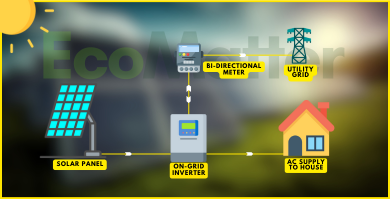
Off-Grid Solar Plant
Independence from Grid: Off-Grid Solar Plants are designed to meet the energy needs of a specific facility without relying on external power sources.
Energy Storage Solutions: Off-grid solar plants store excess energy generated during sunny periods. This stored energy can then be used at night when sunlight is not there.
Suitable for: Places where there is no Grid reliability and power cuts are very frequent such as remote villages.
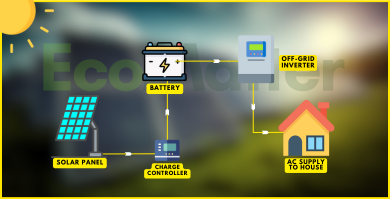
Hybrid Solar Plant
Hybrid Solar Plants can operate in grid-tied mode, feeding excess energy back into the grid for later use, and in off-grid mode, providing power back up in times of Power Cuts.
Net Metering: Hybrid Solar Plants have net metering facility as in case of On-Grid Solar Plants
Energy Storage: Hybrid Solar Plants store excess energy produced during sunny periods in batteries thus giving the benefits of Off-Grid Solar Plants.
